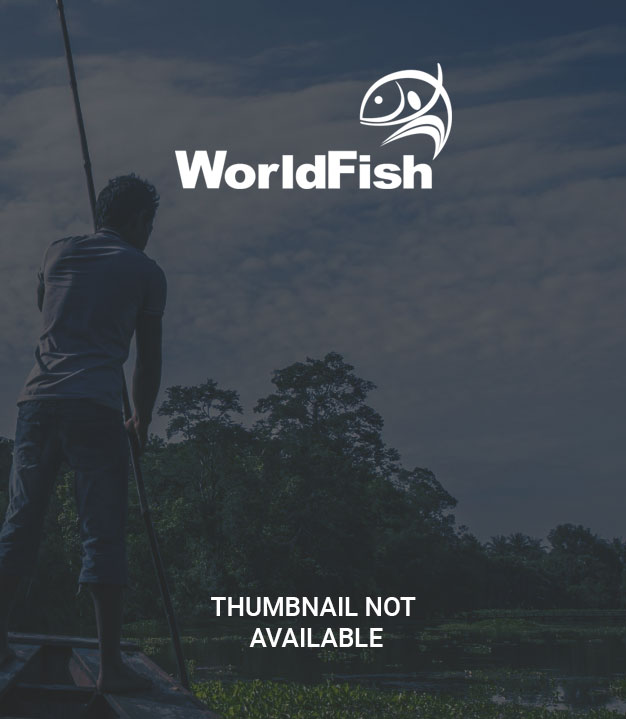Experimental and survey-based data on willingness to pay for seafood safety and environmental sustainability certification in Nigeria

Citation
Shikuku, K. et al. (2020). Experimental and survey-based data on willingness to pay for seafood safety and environmental sustainability certification in Nigeria. Data in Brief, online first 14 April
Fish/seafood represents an increasingly important source of animal protein in diets globally. Aquaculture growth, which already constitutes half of all seafood consumed by humans, is critical to meet increasing demand for fish. Concern among consumers and regulators over the safety and environmental sustainability of seafood, particularly in developed nations, has led to the development of stringent seafood safety standards in the global North. While such standards may constitute barriers to participation in export markets by small-scale producers, they have catalysed upgrades to production and post-harvest handling practices of value chain actors in developing countries. The health burden of foodborne illnesses is a major concern in developing countries. As incomes rise, consumers in developing countries are increasingly willing to pay a premium for safer foods. However, there is little empirical evidence on consumers’ willingness to pay (WTP) for seafood safety in developing countries, particularly in sub-Saharan Africa (SSA). Data on demand for seafood safety in African countries is still unavailable or has not been shared publicly. In this paper, we describe data collected in Lagos State, Nigeria in October and November 2019. Experiments in the form of Becker-DeGroote-Marschak (BDM) auction mechanism were conducted with 200 fish consumers in fish markets. These data can be used to assess whether consumers’ demand for safe and healthy seafood from local markets in SSA can be harnessed to generate positive returns to producers.
Permalink
Date Available
Type
Publisher
Countries
ISSN
2352-3409
Copyright
CC-BY-4.0
Research Themes
Topics
Language